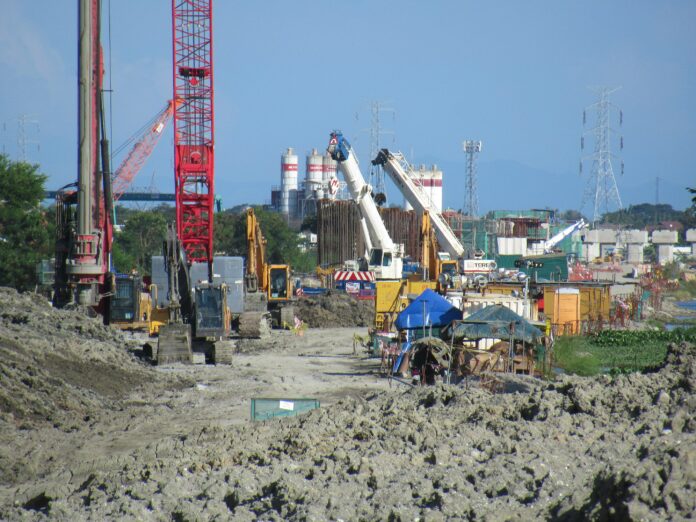The Department of Transportation (DOTr) has signed a multibillion-peso contract with a pair of consortia to build the Metro Manila segment of the North-South Commuter Railway (NSCR).
Transportation Secretary Jaime J. Bautista said the contracts worth a combined P52 billion will help build a world-class rail line equipped with the most modern facilities.
“The contractors must be able to build with the least disruption to Metro Manila’s already chaotic daily routine,” Bautista said.
“We want to impress on the contractors the importance of meeting schedules so the whole NSCR project can be completed as promised,” he added.
The first package, awarded to joint venture of PT Adhi Karya (Persero) Tbk and PT PP (Persero) Tbk , involves the construction of a 1.2-kilometer railway viaduct structure linking the existing Blumentritt Station of LRT-1.
Package 3a, awarded to Australia-based Leighton Contractors (Asia) Ltd. and First Balfour Inc., involves building 7.9 km of at-grade and viaduct railway track structure, including an elevated station at Buendia and at-grade stations at EDSA and the Senate.
Package3c, awarded to PT Adhi Karya (Persero) Tbk. and PT PP (Persero) Tbk, consists of 5.8 km of at-grade and viaduct railway track structure, including elevated stations at Bicutan and Sucat.
The NSCR is funded by the Asian Development Bank (ADB), the Japan International Cooperation Agency (JICA) with the assistance of the governments of Indonesia and Australia.
Of the total P873.6 billion project cost, the ADB funded P329.55 billion, JICA, P369.27 billion and the Philippine government P174.78 billion.
“We inch closer to completing this longest rail system of the country through their assistance. Once completed, this railway will transform lives and communities,” Bautista said.
DOTr undersecretary for railways Cesar B. Chavez said civil works will commence between the fourth quarter of 2023 and first quarter or 2024.
A flagship project under the Build Better More program, the construction of the 147-kilometer NSCR will seamlessly connect Clark, Pampanga and Calamba, Laguna to Metro Manila and the neighboring provinces.
Once completed, Chavez said the NSCR will not only provide quality commuter-train service but also contribute to economic progress in the Metro Manila and the neighboring provinces.
The rail line will reduce travel time between Clark, Pampanga and Calamba, Laguna to only two hours and service over 800,000 passengers daily.







